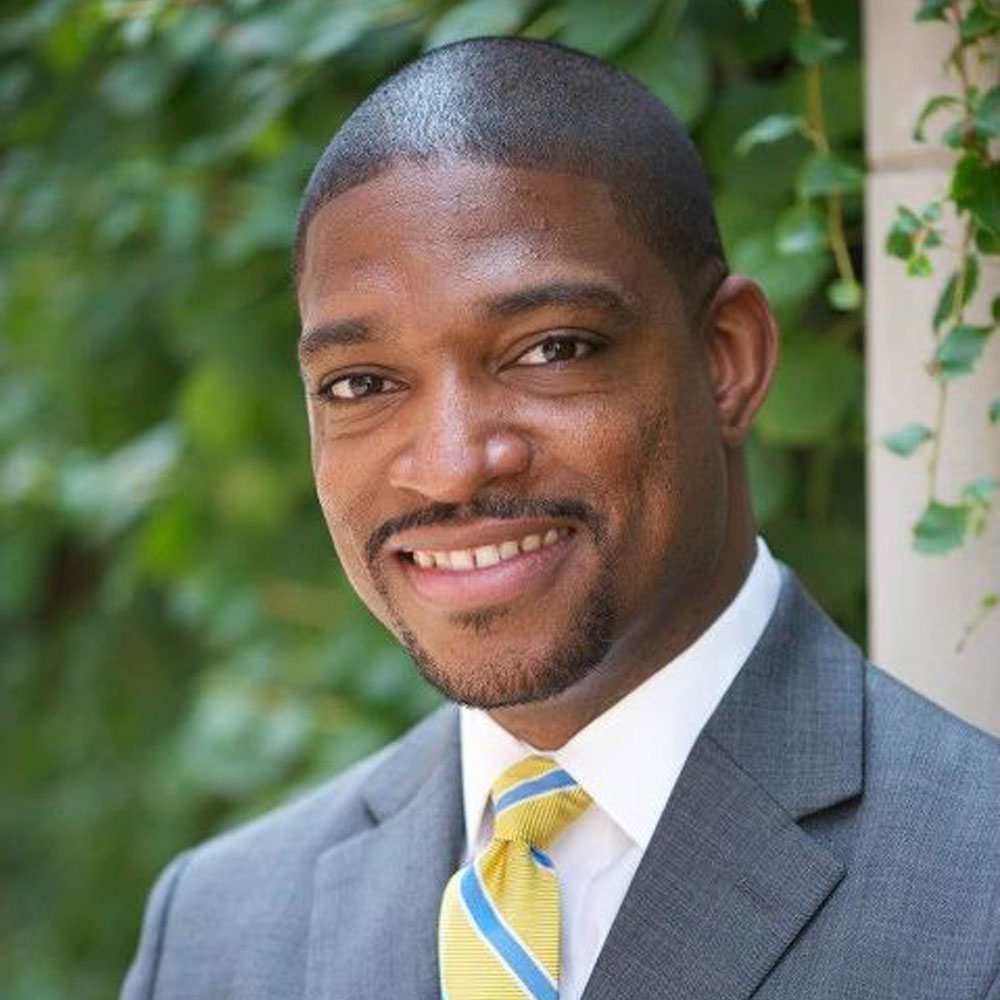
November 17, 2020; St. Louis American
Ferguson activist and philanthropic leader Rev. Dr. Starsky Wilson has succeeded Marian Wright Edelman at the Children’s Defense Fund. In doing so, he became the Fund’s second CEO ever. True to the storied legacy of the 47-year-old national advocacy organization, he started his tenure by, on his first day, making a statement calling on Congress to pass a COVID relief package.
Starsky is something of a legend in his own right, having led the Deaconess Foundation in St. Louis, in the aftermath of the uprising in Ferguson. He used his leadership position well and energetically, co-chairing the Ferguson Commission and funding the work of grassroots activists in the region. But Wilson also recognizes his position as a leveraged one. Back in November, he told the St. Louis American:
Deaconess has given me the opportunity to speak clearly about my own values and beliefs. I got to stand up for communities I believe in, and it really gave me the privilege to do that without the constraints of worrying about who’s finally supporting what.
As an independent philanthropy, Deaconess has really been a powerful, helpful platform to be able to stand up for our community in the times we’re in now.
NPQ correspondent Rick Cohen wrote a remarkable review of Wilson’s understanding of his own practice on racial justice organizing in 2016. In it, Wilson cited the work of Allan Boesak, the South African anti-apartheid theologian and activist, particularly his concept of “radical reconciliation.”
Sign up for our free newsletters
Subscribe to NPQ's newsletters to have our top stories delivered directly to your inbox.
By signing up, you agree to our privacy policy and terms of use, and to receive messages from NPQ and our partners.
As Boesak and his coauthor Curtiss Paul DeYoung wrote: “Too often ‘reconciliation’ is used merely to reach some political accommodation that does not address the critical questions of justice, equality, and dignity that are so prominent in the biblical understanding of reconciliation. Such political arrangements invariably favor the rich and powerful but deprive the powerless of justice and dignity.”
“Reconciliation is not a bookkeeping term,” Boesak has said. “It is a biblical demand. Reconciliation is not a tool for political experience, but a call to conversation and transformation.”
Wilson appears to live by that principle.
The relationship between CDF and Deaconess is longstanding, in that a partnership between the two helped spark a network of Freedom Schools seated in congregations, thus investing in the religious organizing and movement-building work that CDF was doing at the national level.
Wilson is well known as an energetic, grounded, and agile advocate and convenor who keeps one eye on engagement and another on developing issues at all times. He deeply understands the value of grassroots-informed policy work at the local level, and it will be exciting to see how that agenda develops over time.—Ruth McCambridge













